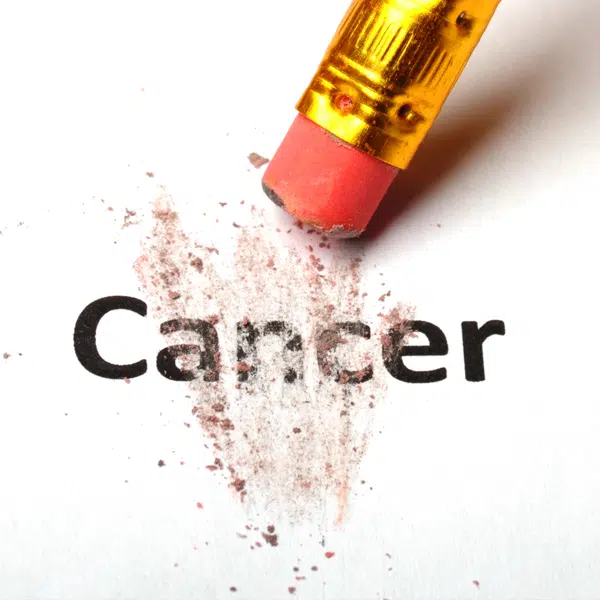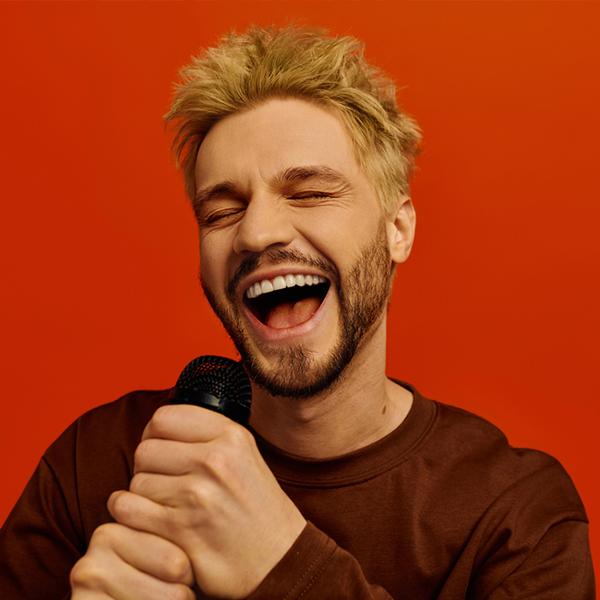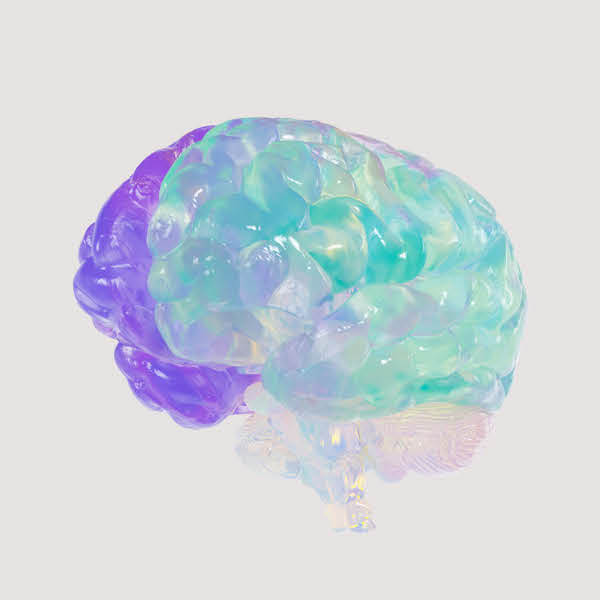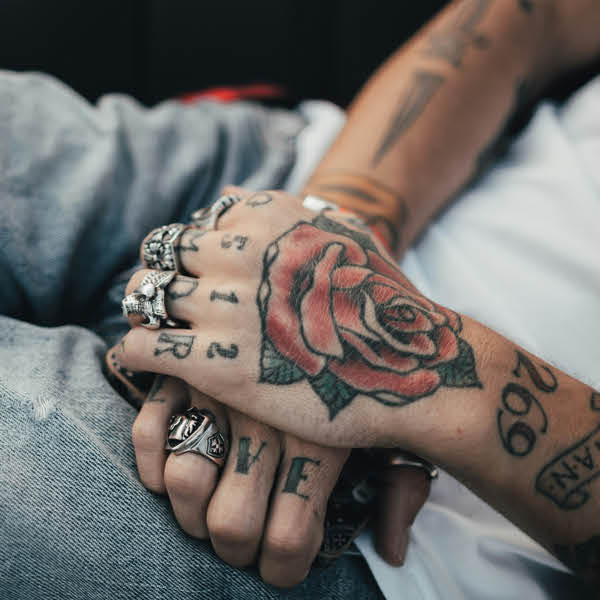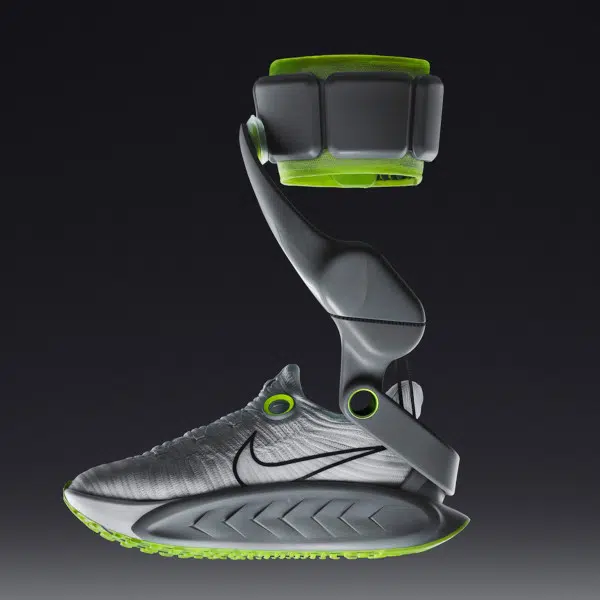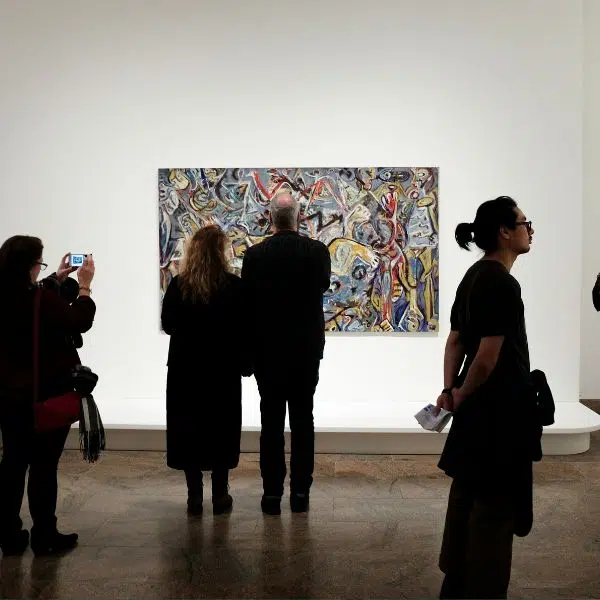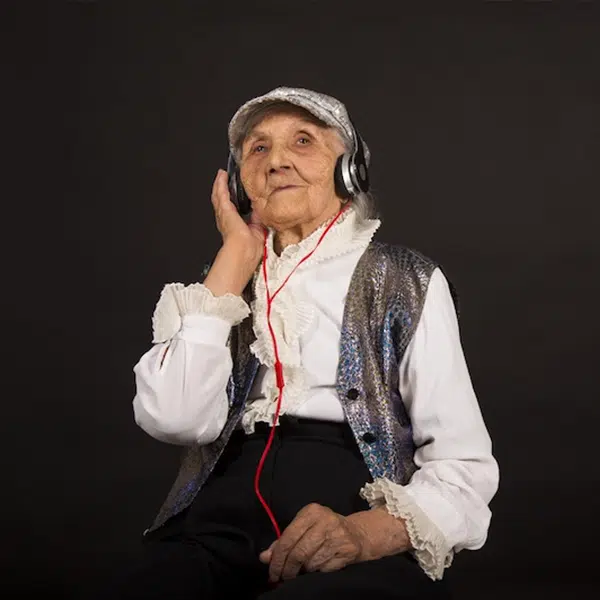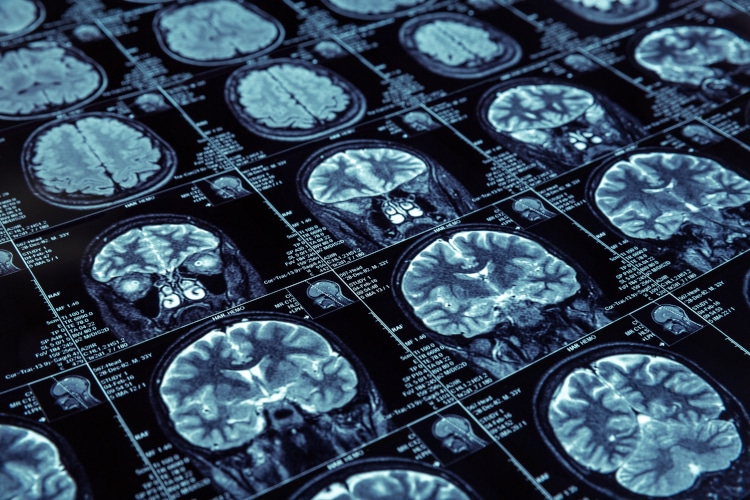
Photo: Nomadsoul1/Depositphotos
Many doctors and academics work tirelessly to find a cure for many types of cancer. But for Richard Scolyer, his time devoted to oncologic medicine came back to save his own life. The Australian professor, who has done some revolutionary research on melanoma, was diagnosed with a form of incurable brain cancer known as glioblastoma. In a twist of fate, Scolyer applied his own findings to his treatment. Now, a year after he suffered his first seizure, he reports being cancer-free.
Scolyer shared the good news on X (formerly Twitter), where he has been chronicling his disease. “I had brain MRI scan last Thursday looking for recurrent glioblastoma (and/or treatment complications),” he wrote. “I found out yesterday that there is still no sign of recurrence. I couldn’t be happier!!!!!” The University of Sydney professor also made sure to thank his wife and family for their support during these trying times.
Since the median time of recurrence for the kind of tumor he had is six months, Scolyer is hopeful that the tumor will not return. “I’m extremely hopeful that the novel neoadjuvant combination immunotherapy I’ve had & the scientific changes we demonstrated in my tumor post versus pre immunotherapy are being translated into clinical benefit!” he wrote. “I’d be thrilled & very proud if this novel approach makes a difference for me and future brain cancer patients.”
The professor's innovative research has an immunotherapy approach, which activates a patient's own immune system. As such, his contributions to the fight against melanoma are credited with saving thousands of people. But by having his own treatment applied to him, his peers hope he'll bring advancement to brain cancer treatments as well.
On top of the exciting health update, his determination and work against cancer as part of the Melanoma Institute Australia earned him and his fellow professor Georgina Long the Australians of the Year award. “By undertaking an experimental treatment with risk of shortening his life, he has advanced the understanding of brain cancer and is benefiting future patients,” shared the University of Sydney after Scolyer and Long were announced as winners.
While the treatment has had some obstacles, like Scolyer dealing with respiratory infection and pneumonia, he and his team are optimistic about the results. Speaking to Sky News, the professor said, “The risk of major adverse reactions to these sorts of drugs is fairly high, but I've had it plain-sailing so far so I couldn't be happier and I hope it stays like that for some time longer.”
Australian professor Richard Scolyer, who was diagnosed with an incurable brain tumor, has announced he is cancer-free thanks to his own treatment.
I had brain #MRI scan last Thursday looking for recurrent #glioblastoma (&/or treatment complications). I found out yesterday that there is still no sign of recurrence. I couldn’t be happier!!!!!
Thank you to the fabulous team looking after me so well especially my wife Katie &… pic.twitter.com/WdqZKLDvge
— Professor Richard Scolyer AO (@ProfRScolyerMIA) May 13, 2024
Scolyer has done some revolutionary research on melanoma, and his immunotherapy approach is credited with saving thousands of lives.
Fantastic news!!!!!!
Amazingly, my latest MRI brain scan shows no recurrence 10 months since my #glioblastoma presented with a seizure in #Poland. Median time to recurrence is 6 months.
I’m extremely hopeful that the novel #neoadjuvant combination #immunotherapy I’ve had &… pic.twitter.com/SFfVJRadRH
— Professor Richard Scolyer AO (@ProfRScolyerMIA) March 19, 2024
“I’d be thrilled & very proud if this novel approach makes a difference for me & future brain cancer patients.”
Dose 8 (of 10) personalised anticancer vaccine administered last week as experimental treatment for my #glioblastoma. Sore arm for a couple of days but otherwise feeling good. Thanks @ProfGLongMIA, @mariag20057502 & @MelanomaAus team for organising & delivering! I hope everyone… pic.twitter.com/SFRyz1nebw
— Professor Richard Scolyer AO (@ProfRScolyerMIA) April 7, 2024
Richard Scolyer: Twitter
h/t: [Sky News]
Related Articles:
14-Year-Old Is Named “America’s Top Young Scientist” for Developing Soap To Treat Skin Cancer
Flight Attendant Makes Announcement for 6-Year-Old Who Beat Cancer and the Plane Erupts in Cheers
Israeli Hospital Develops Blood Cancer Treatment With a 90% Success Rate
Black-Owned Lingerie Company Has Created Breast Cancer Screen Bras for Women of Color












































































